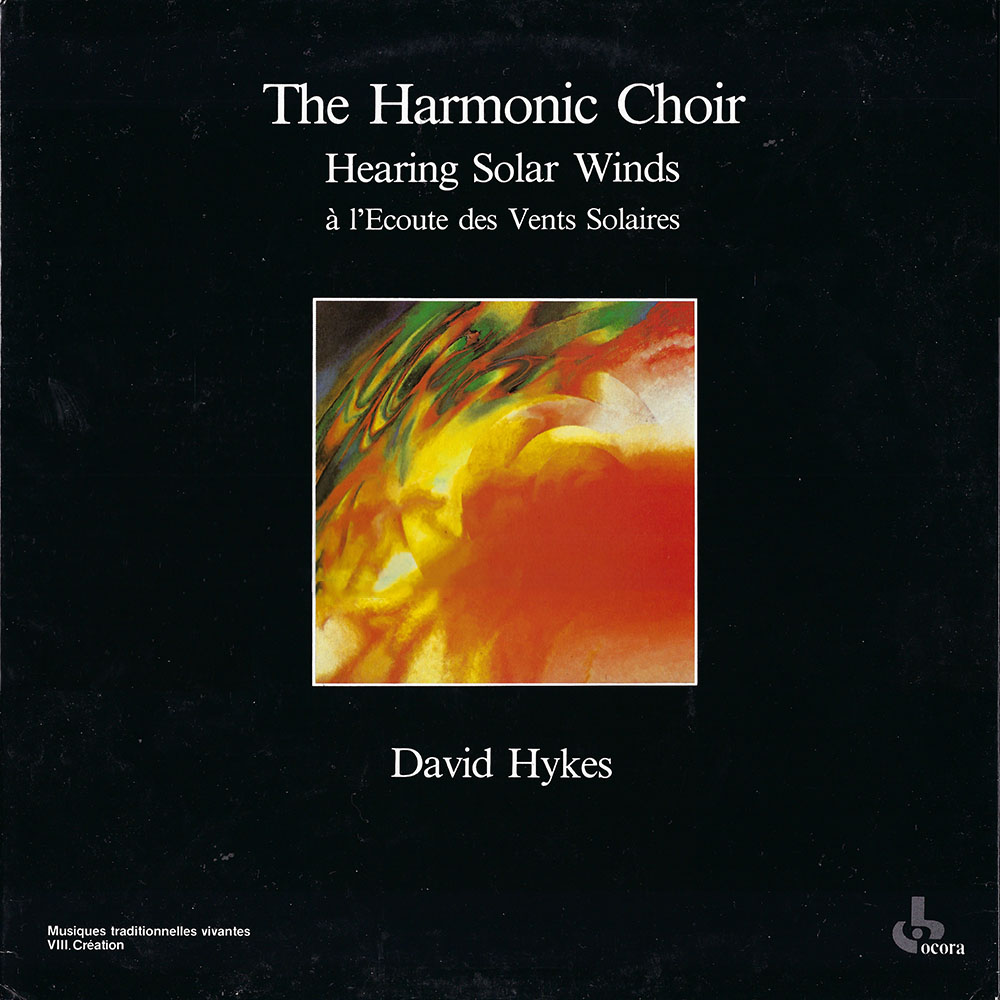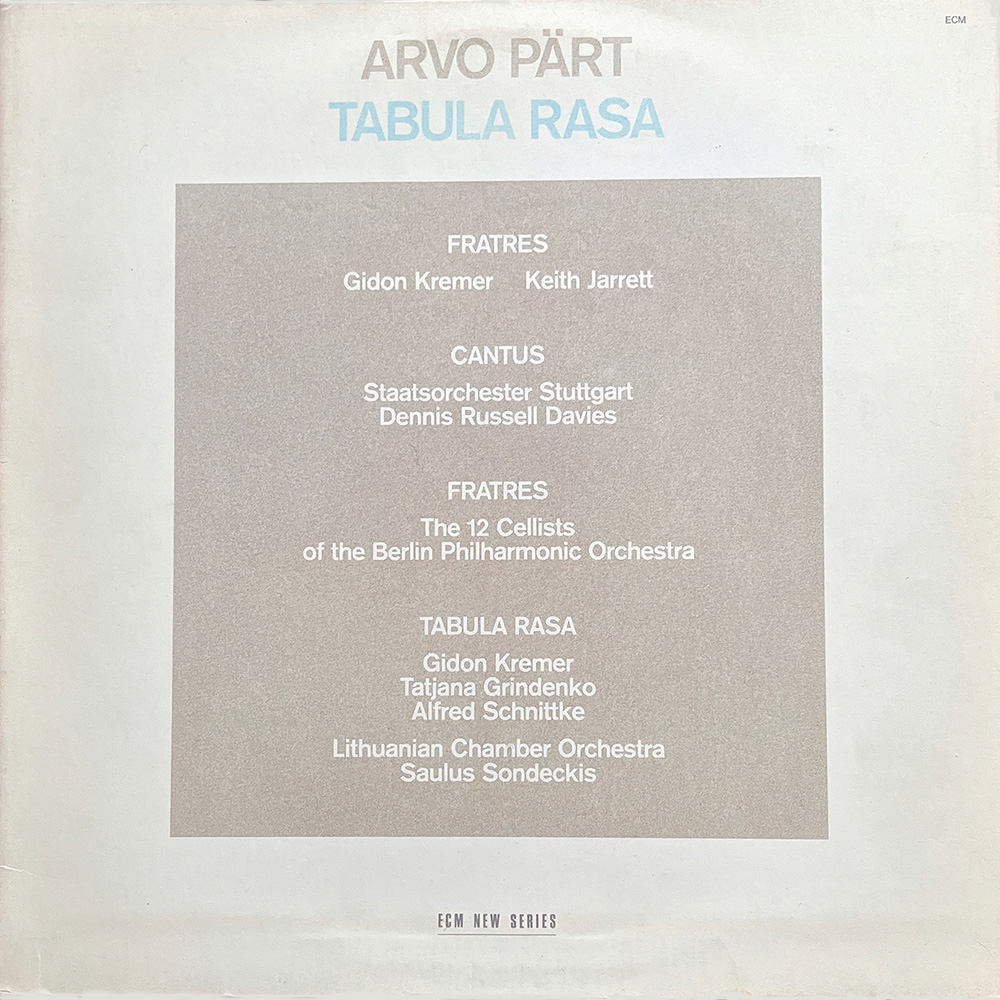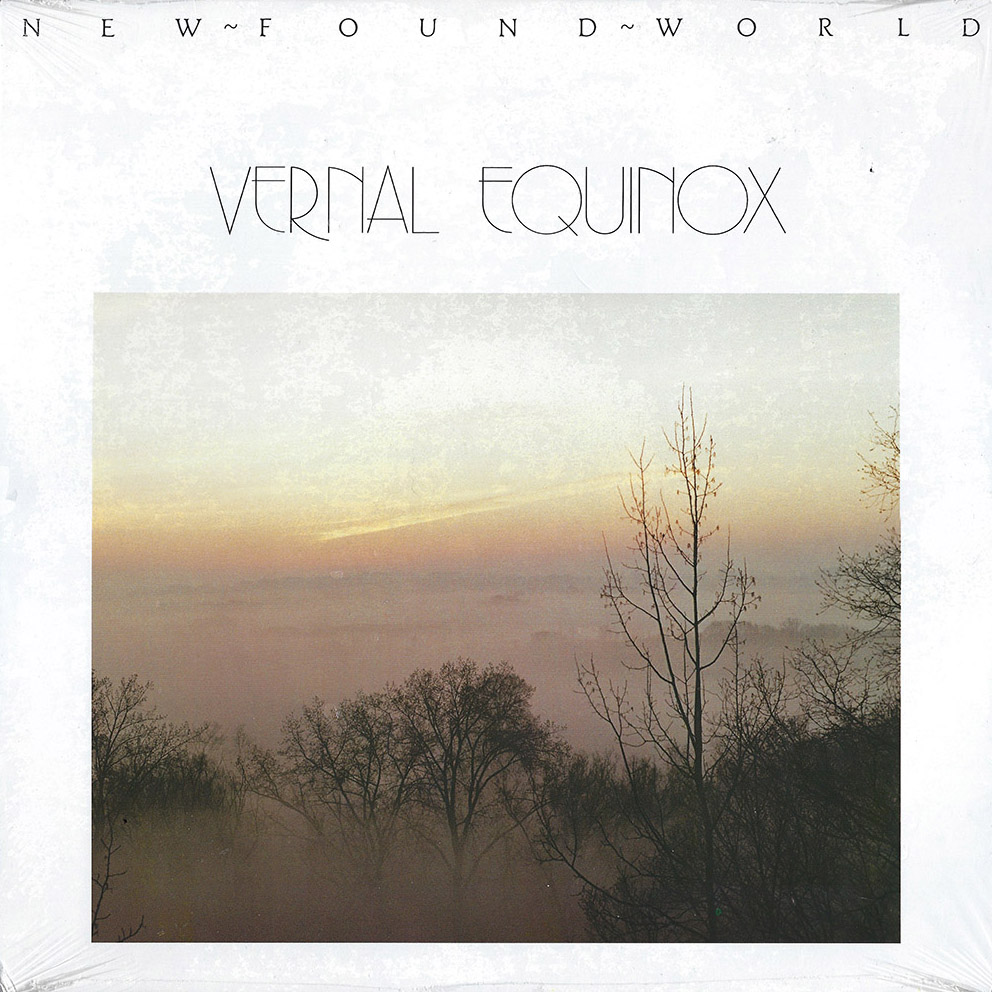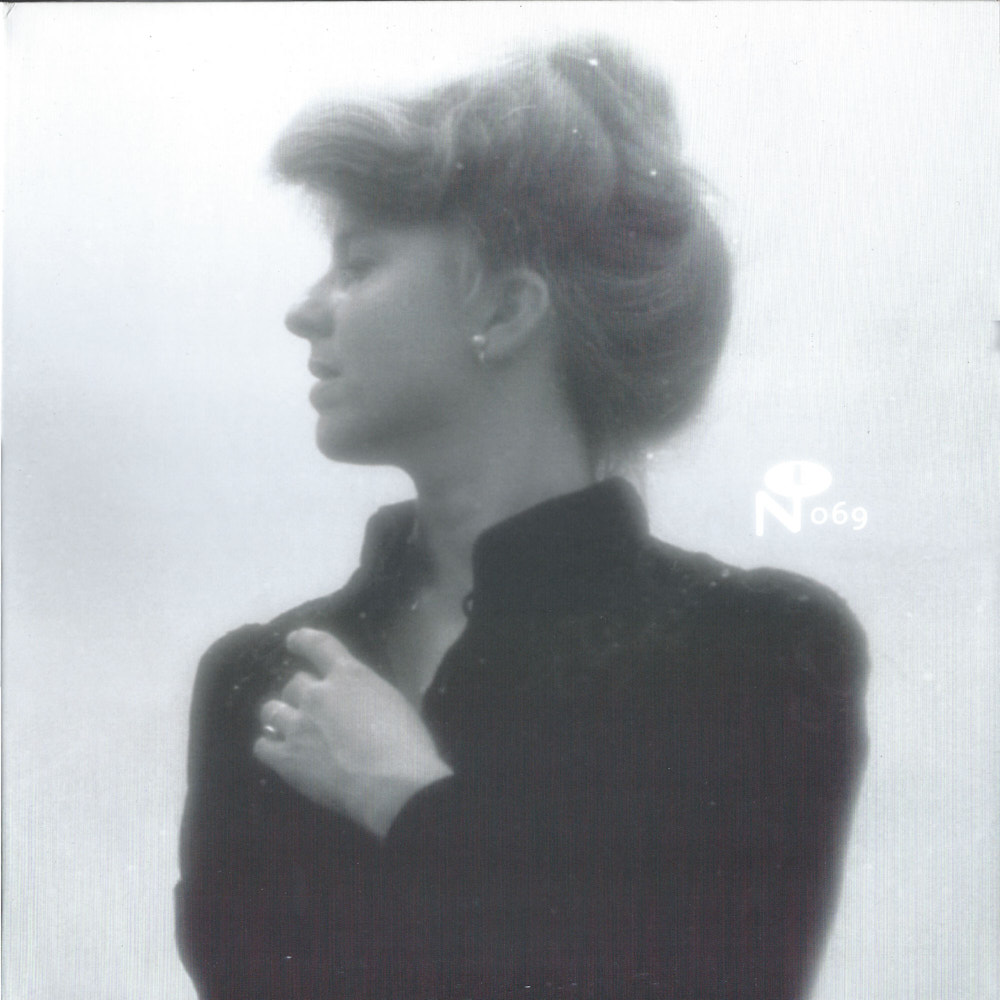David Hykes & The Harmonic Choir

Under the right circumstances – pure focus, full volume and in the proper headspace – Tabula Rasa is among the deepest, most profound recordings you’ll ever experience. Released in 1984 by ECM as part of the label’s ‘ECM New Series’ imprint, the album introduced a global audience to the work of Estonian composer Arvo Pärt, and did so through a gathering of four pieces that at various points feature pianist Keith Jarrett, violinist Gidon Kremer, prepared pianist Alfred Schnittke, the cello section of the Berlin Philharmonic Orchestra and the Lithuanian Chamber Orchestra. A minimalist masterpiece, the record’s first work, “Fratres (For Violin and Piano),” is a duet-as-conversation between Jarrett and Kremer. The latter opens with a string run that repeats a mournful but frantic melody interrupted by a trio of perfectly-placed Jarrett notes. From there the piece sprouts wings. “Fratres (For 12 Celli),” which seems to blanket the room with washes of celli, is perhaps best known for its use in Paul Thomas Anderson’s There Will Be Blood. All four pieces are sublime and, listened to in one sitting, will rewire your brain. – Randall
Recommended – Full Listen
A1 Fratres (For Violin and Piano)
(Piano – Keith Jarrett; Violin – Gidon Kremer)
A2 Cantus In Memory Of Benjamin Britten
(Conductor – Dennis Russell Davies; Orchestra – Staatsorchester Stuttgart)
A3 Fratres (For 12 Celli)
(The 12 Cellists Of the Berlin Philharmonic Orchestra)
B Tabula Rasa
(Conductor – Saulus Sondeckis; Orchestra – Lithuanian Chamber Orchestra; Piano [Prepared] – Alfred Schnittke; Violin – Gidon Kremer, Tatjana Grindenko)
Composed By – Arvo Pärt
Design [Cover] – Barbara Wojirsch
Liner Notes [English Translation] – Anne Cattaneo
Liner Notes [German] – Wolfgang Sandner
Photography By – Juri Gurewichs, Kalju Suur
Producer – Manfred Eicher
Recorded By, Engineer – Dieter Frobeen, Eberhard Sengpiel, Heinz Wildhagen, Peter Lenger*




